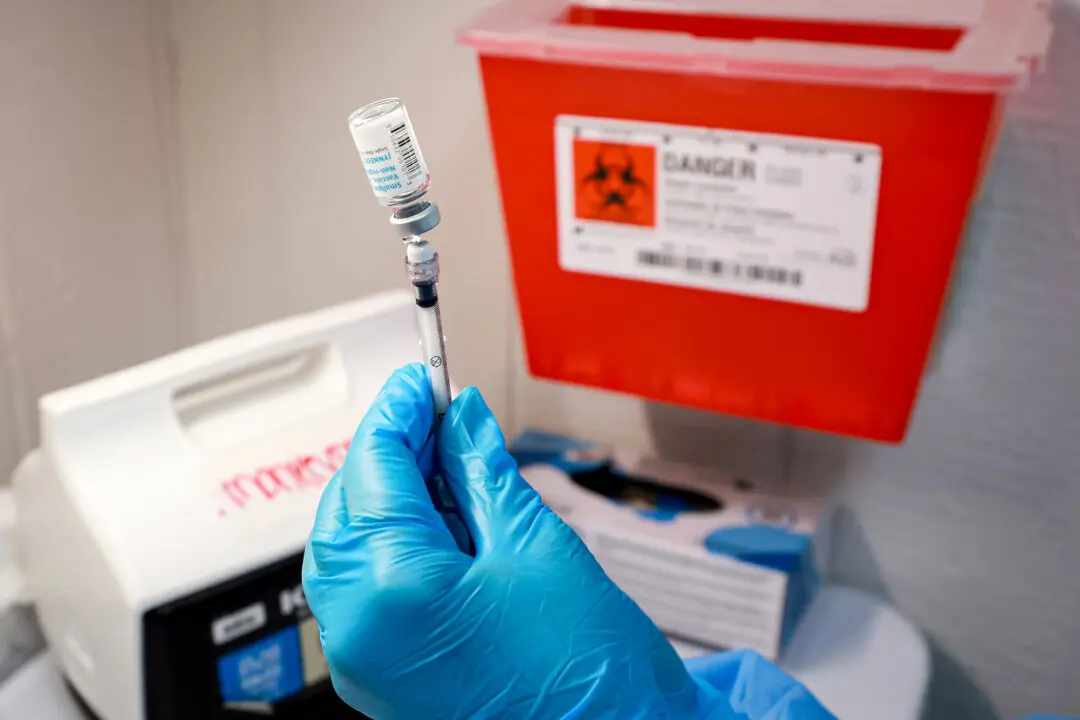A teenager who was convicted of sexually assaulting girls at two different Virginia high schools and apparently assaulted a third will not have to register as a sex offender, a judge ruled Thursday.
The 15 year old, whose name has not been made public, was ordered by Loudoun County Juvenile Court Judge Pamela Brooks in mid-January to register for the registry, which helps members of the public learn where convicted sex offenders reside.





